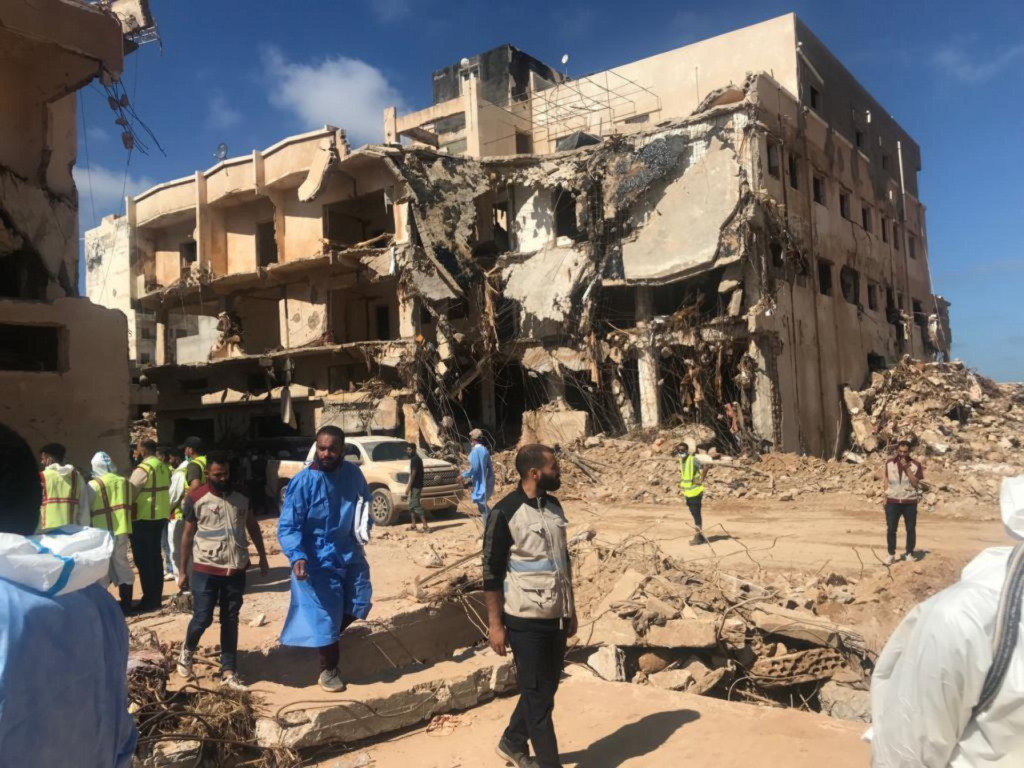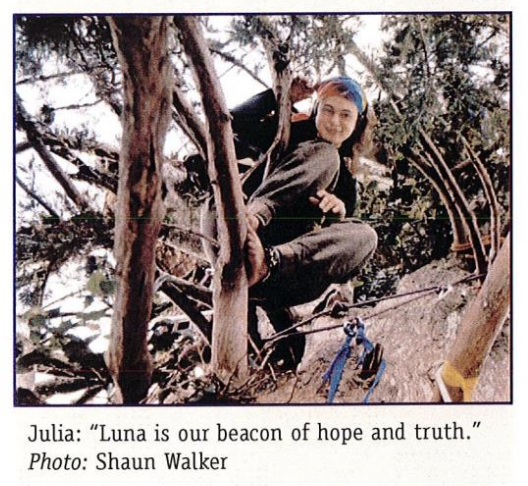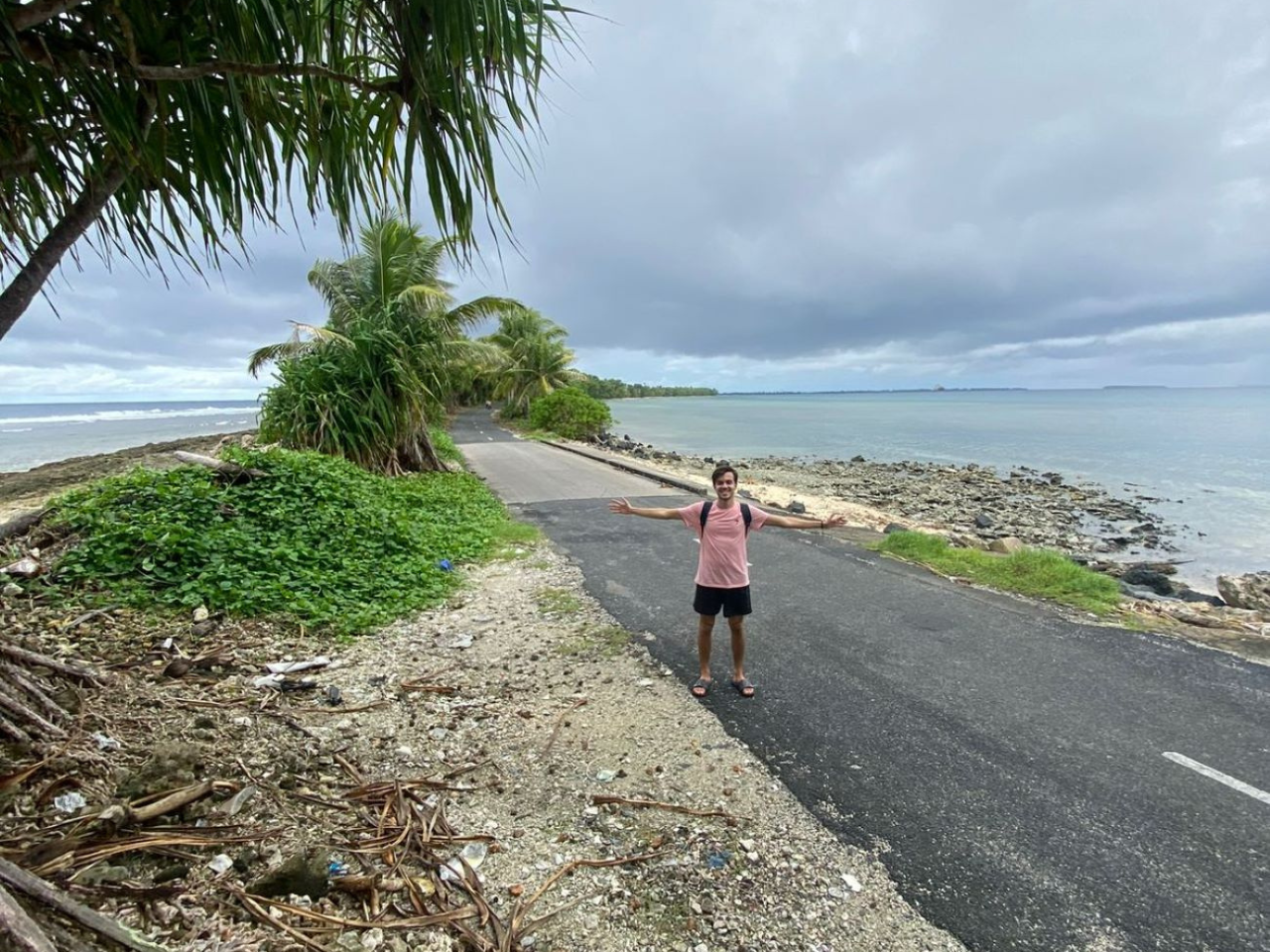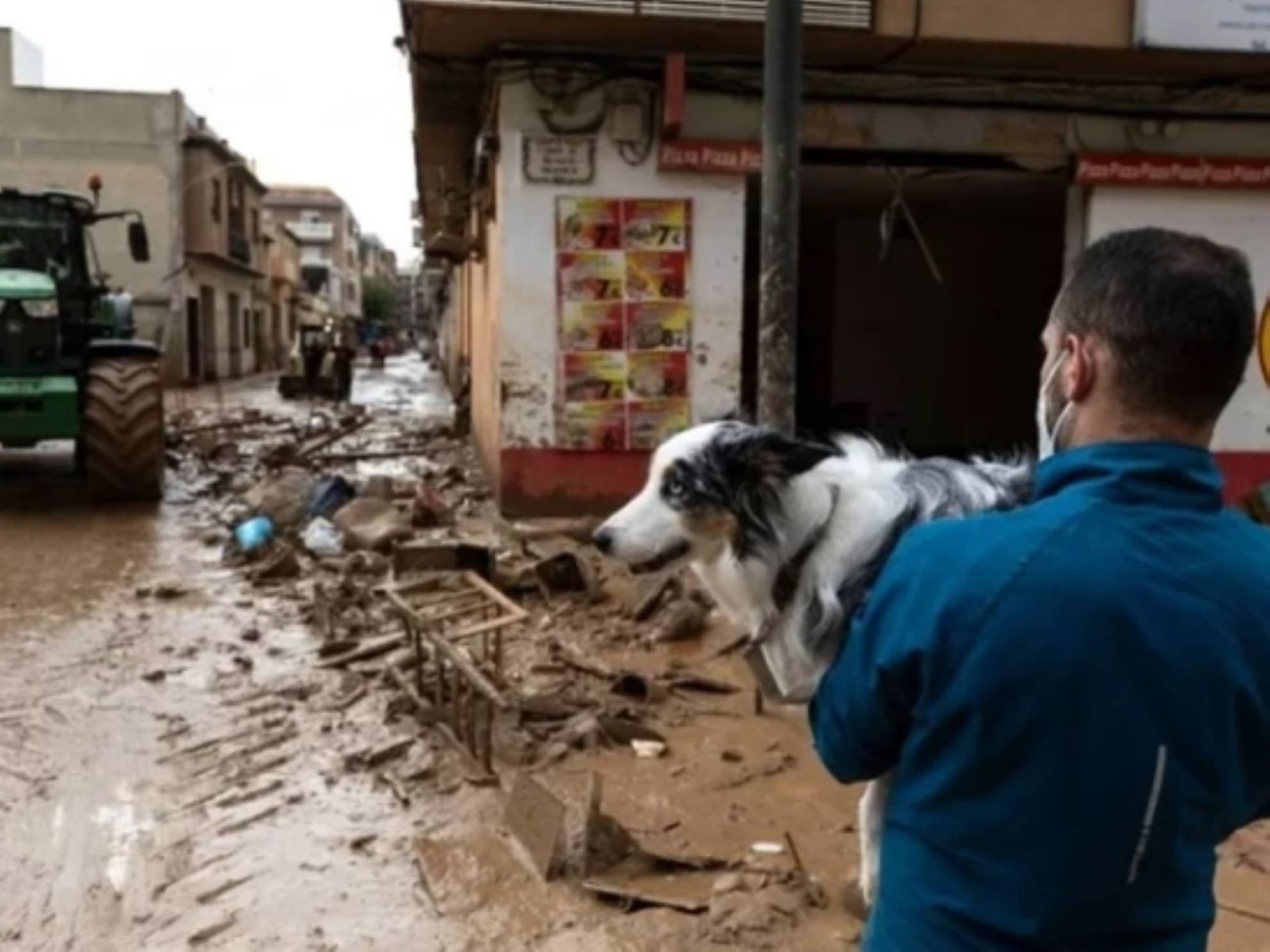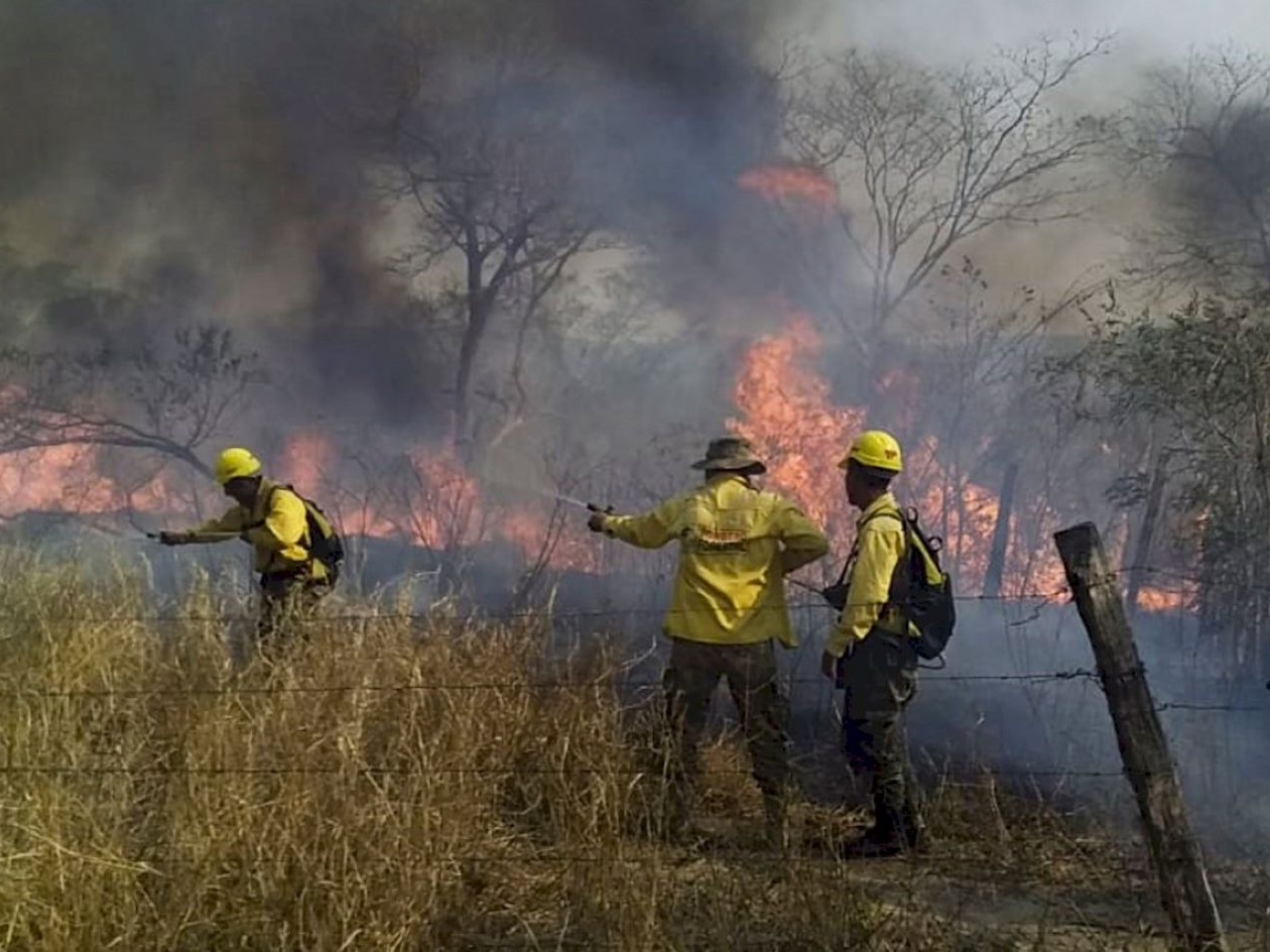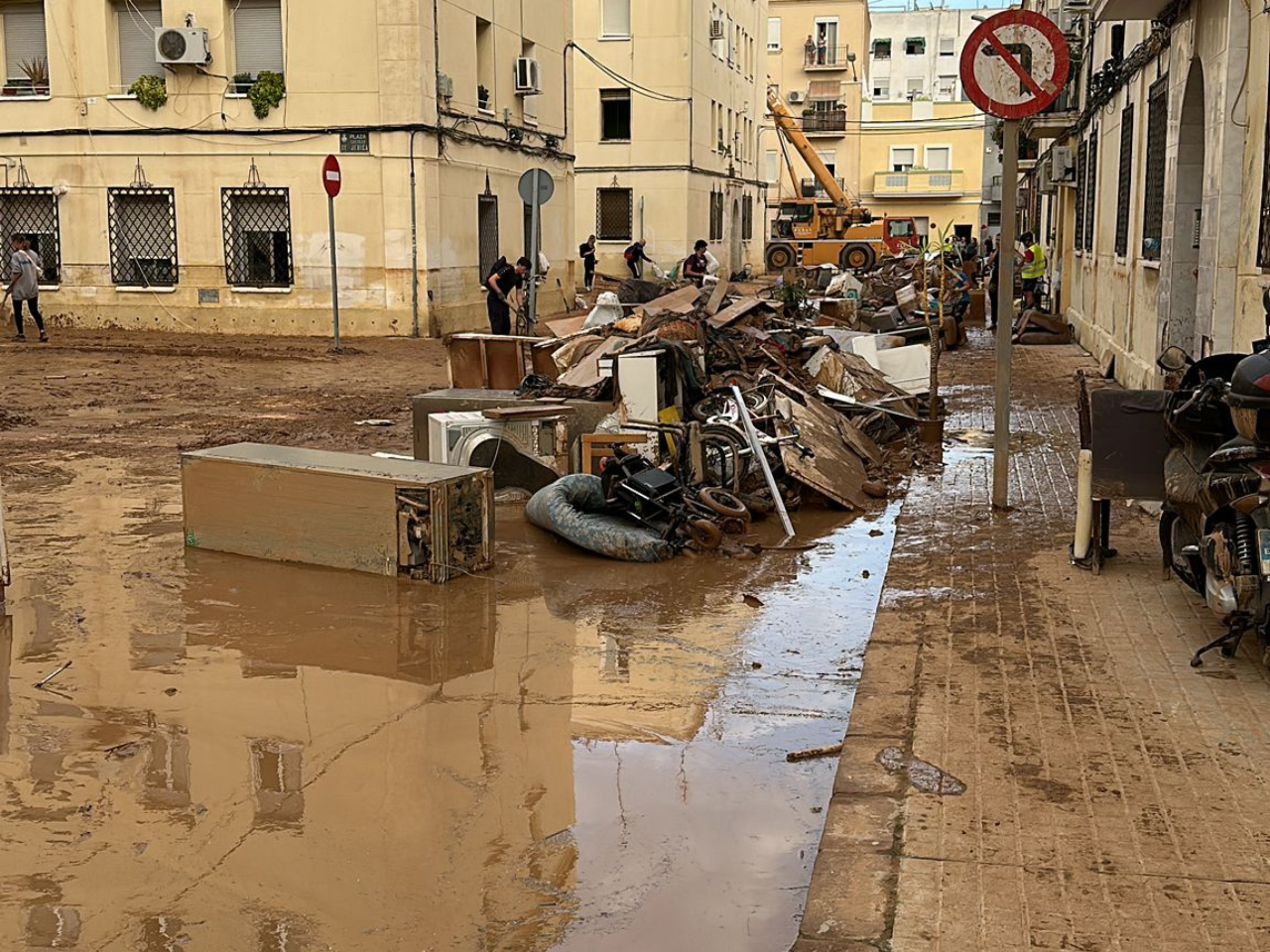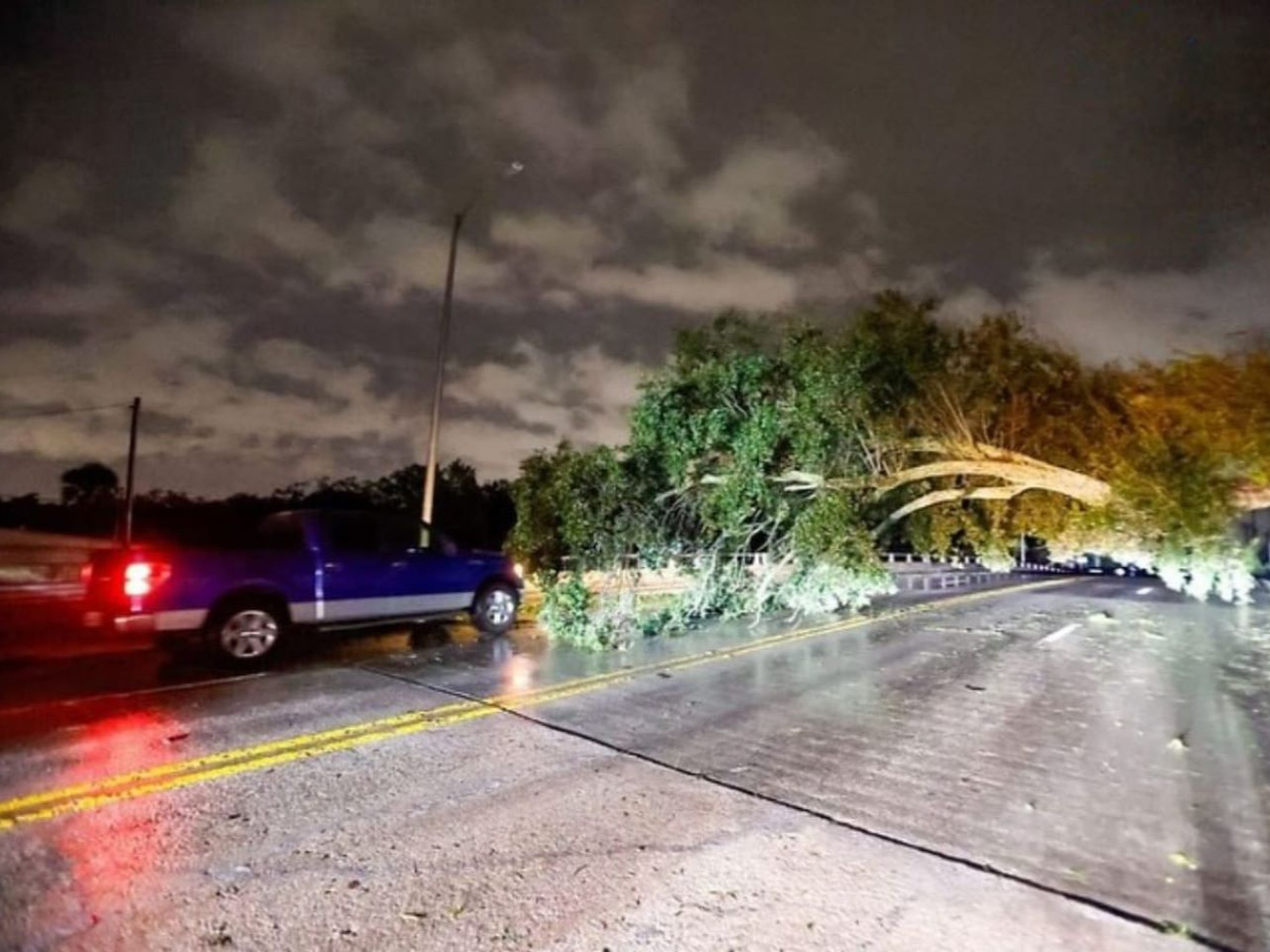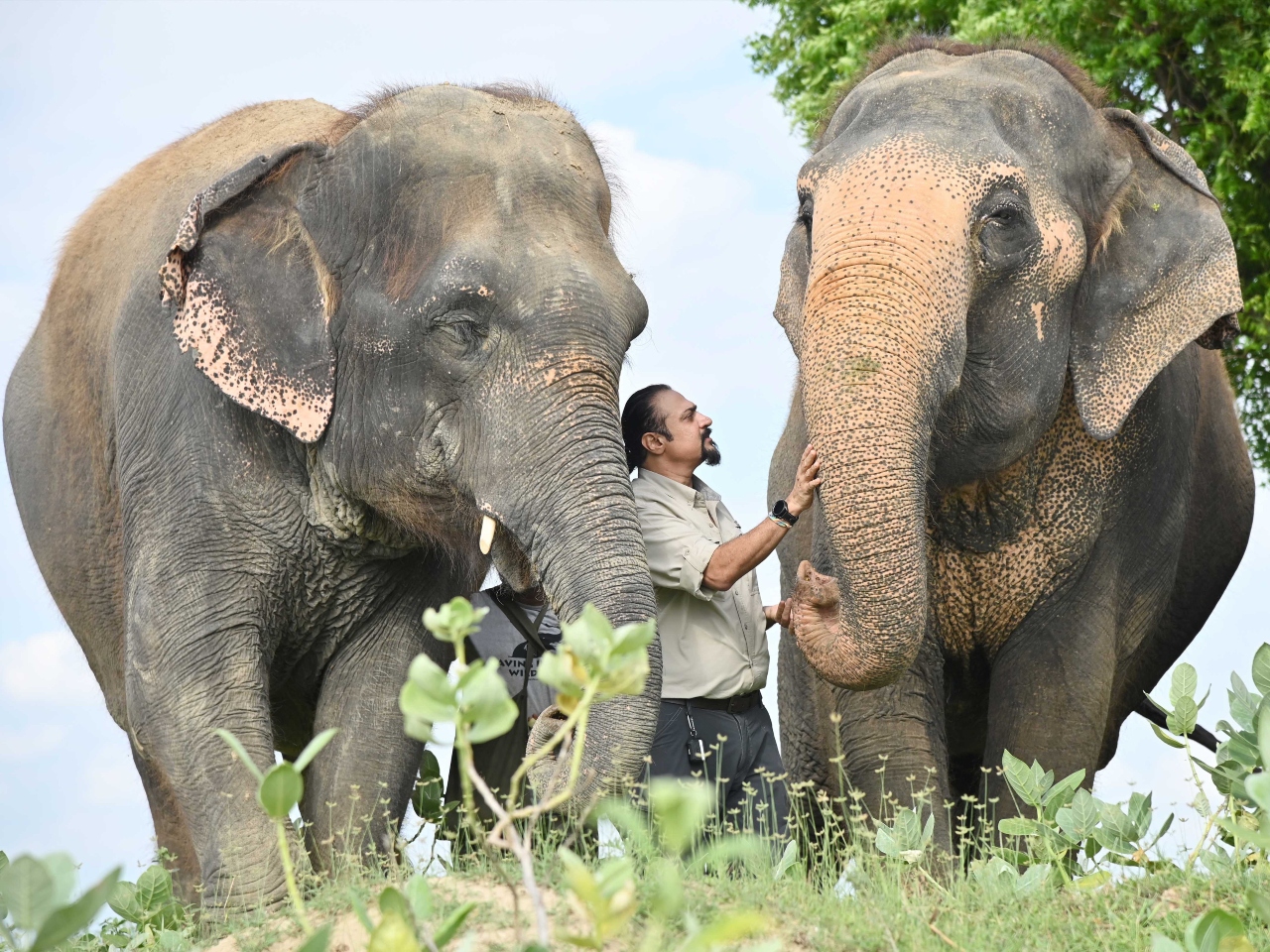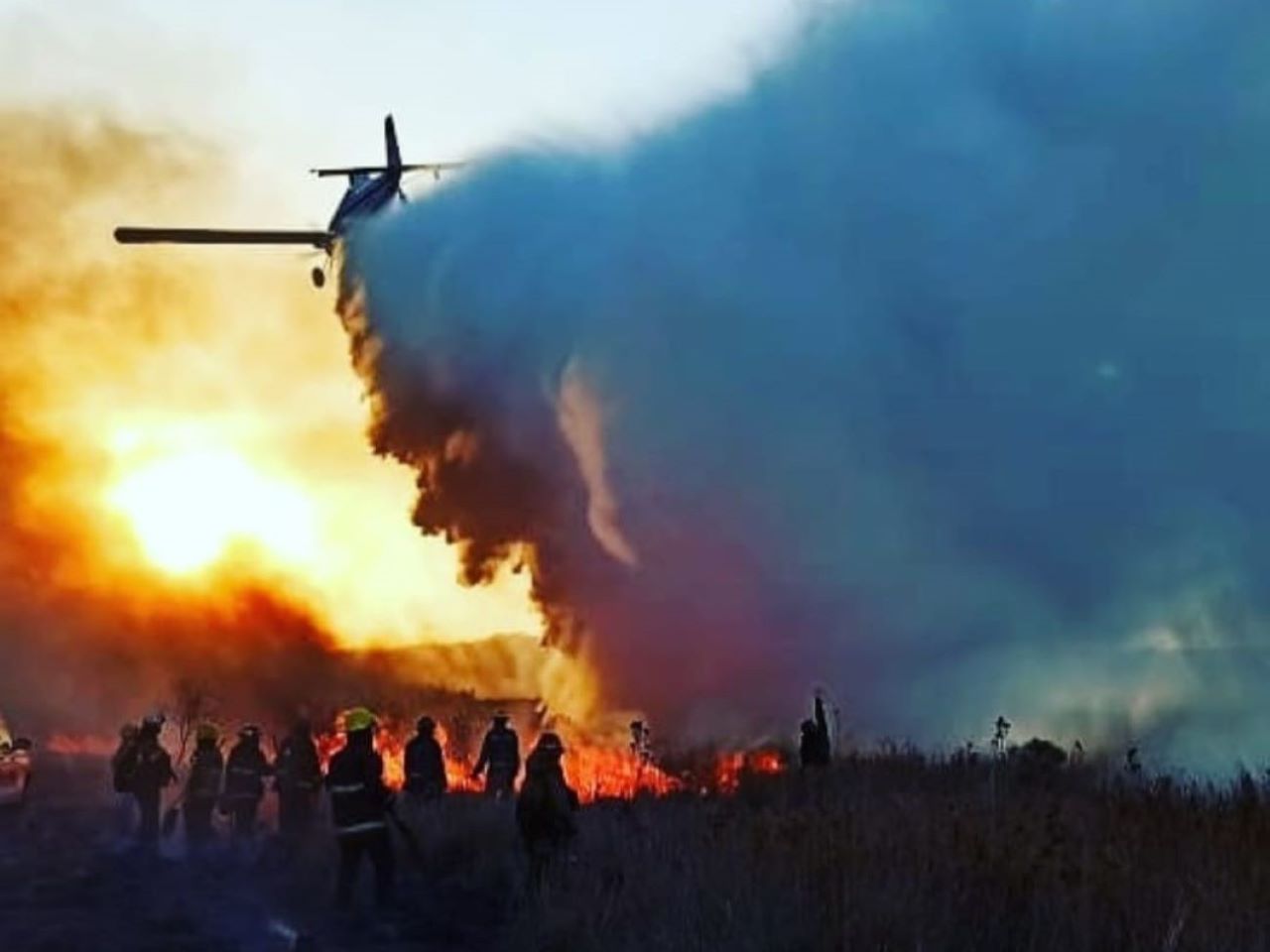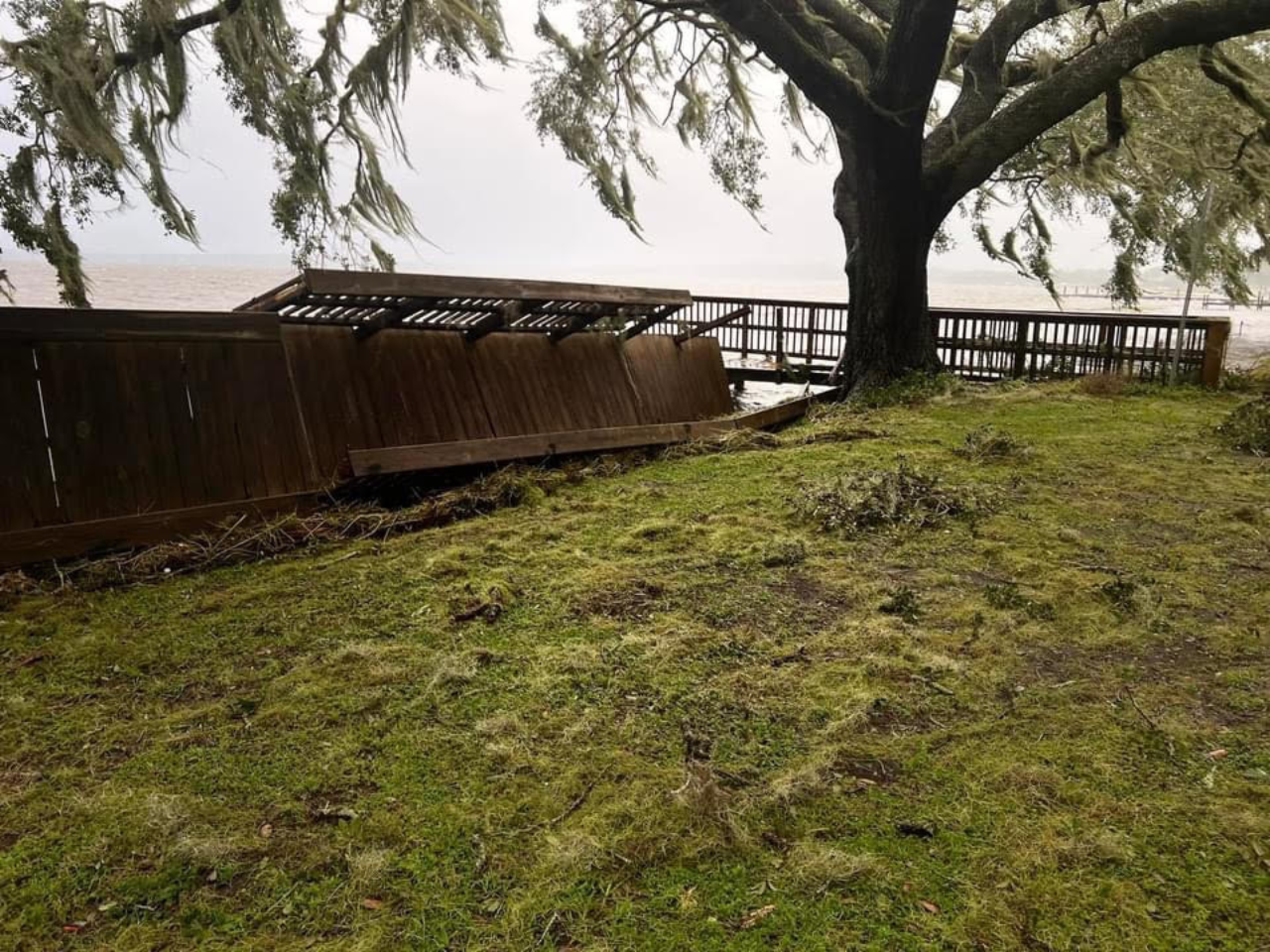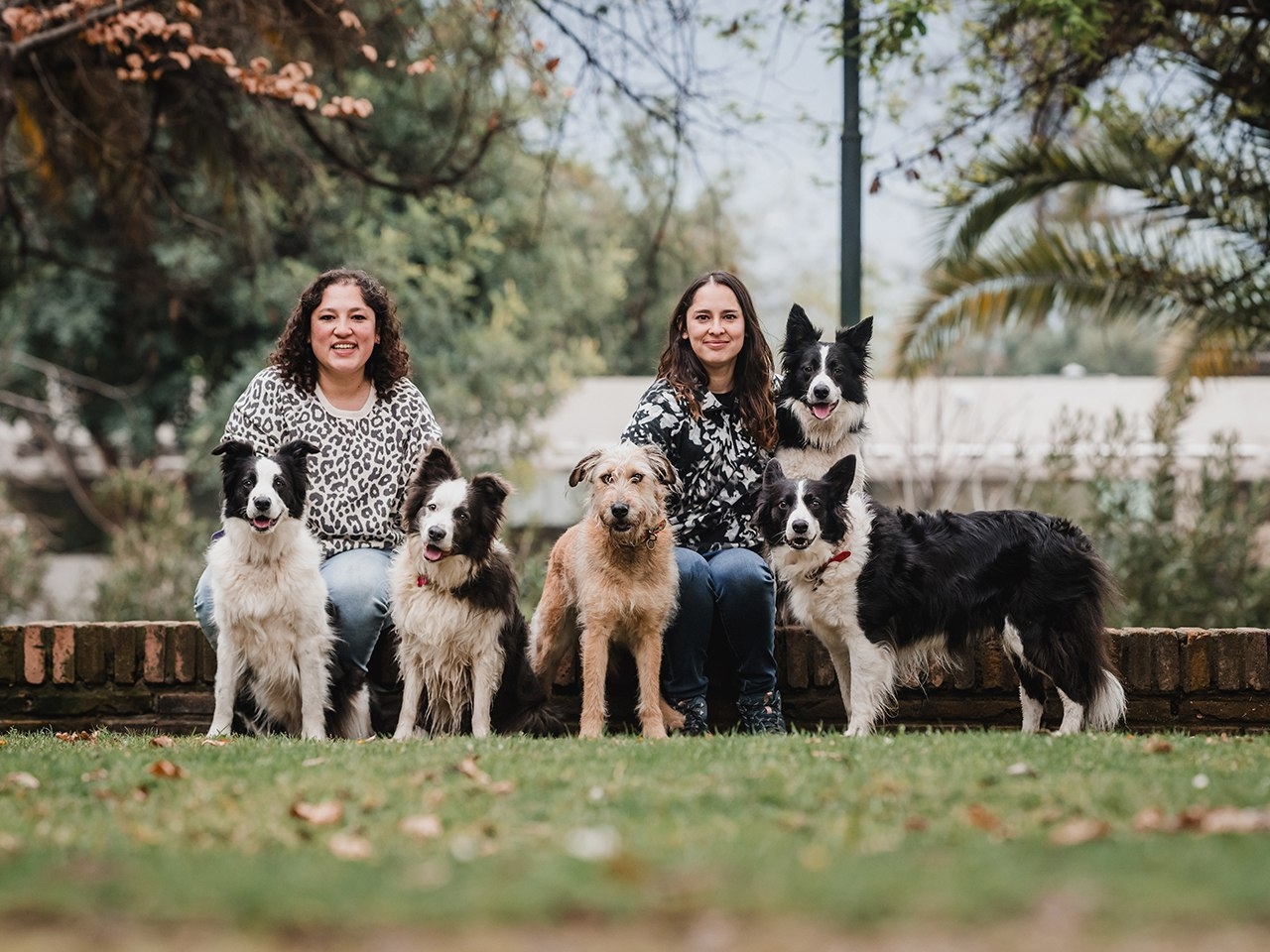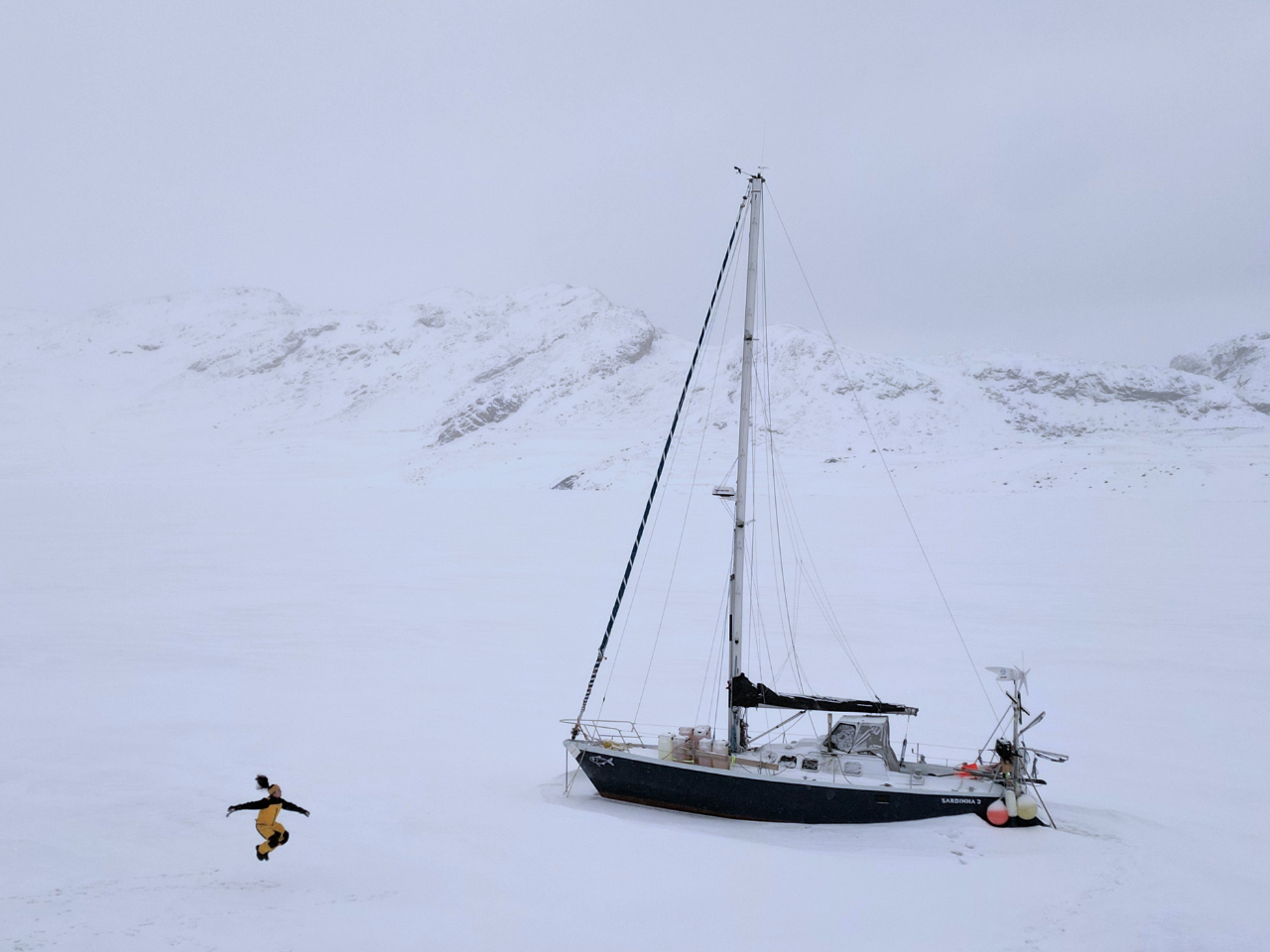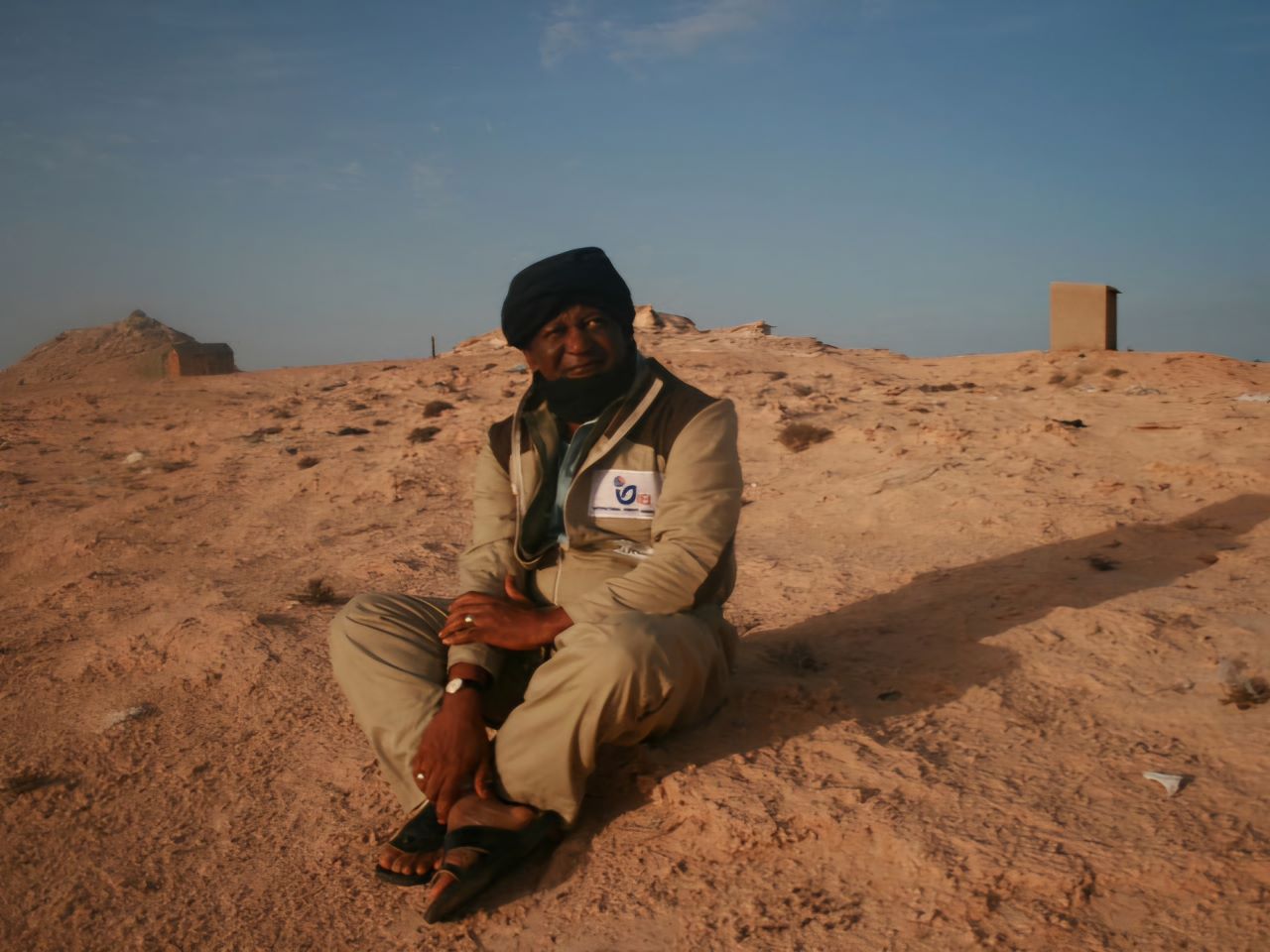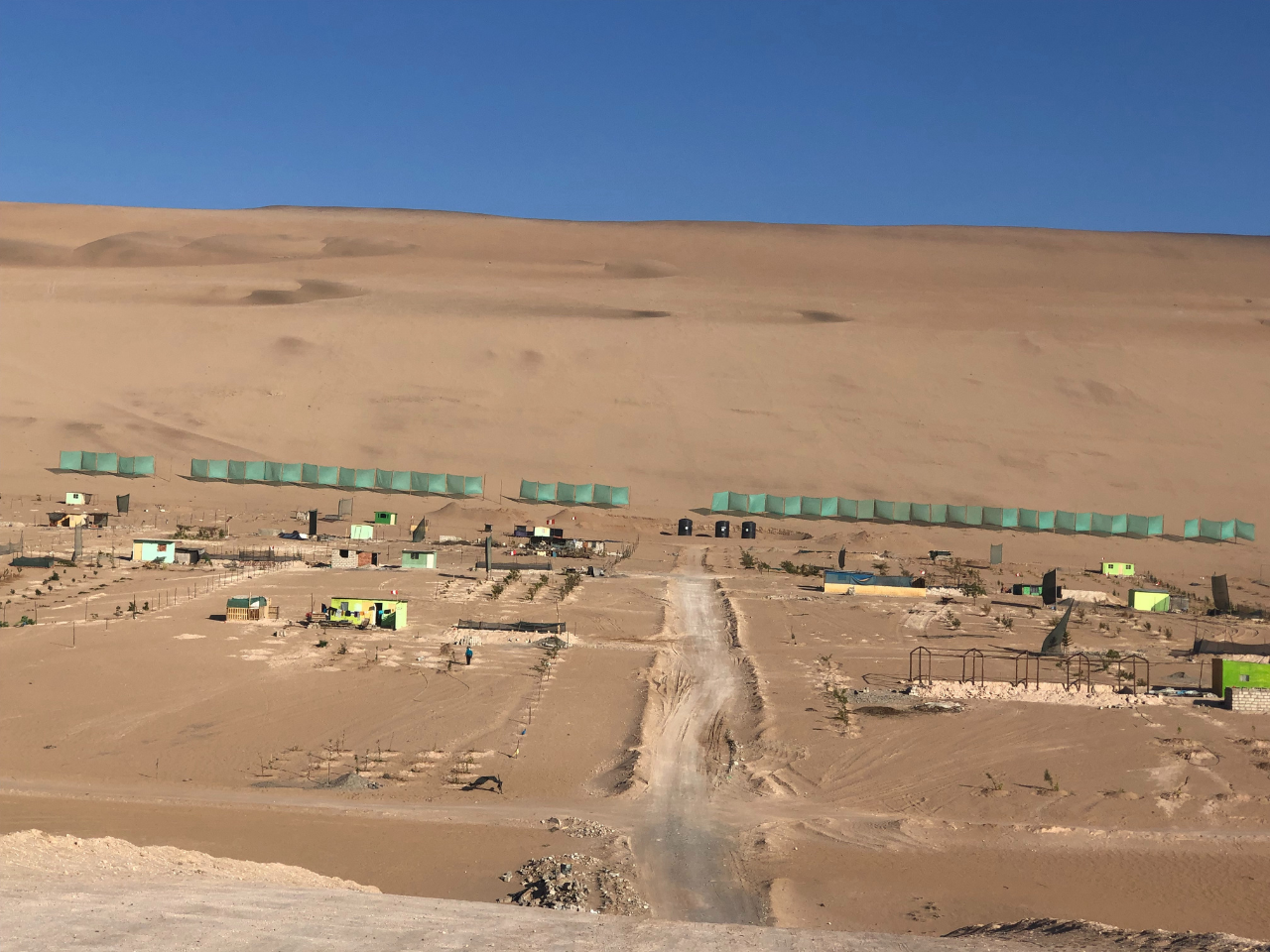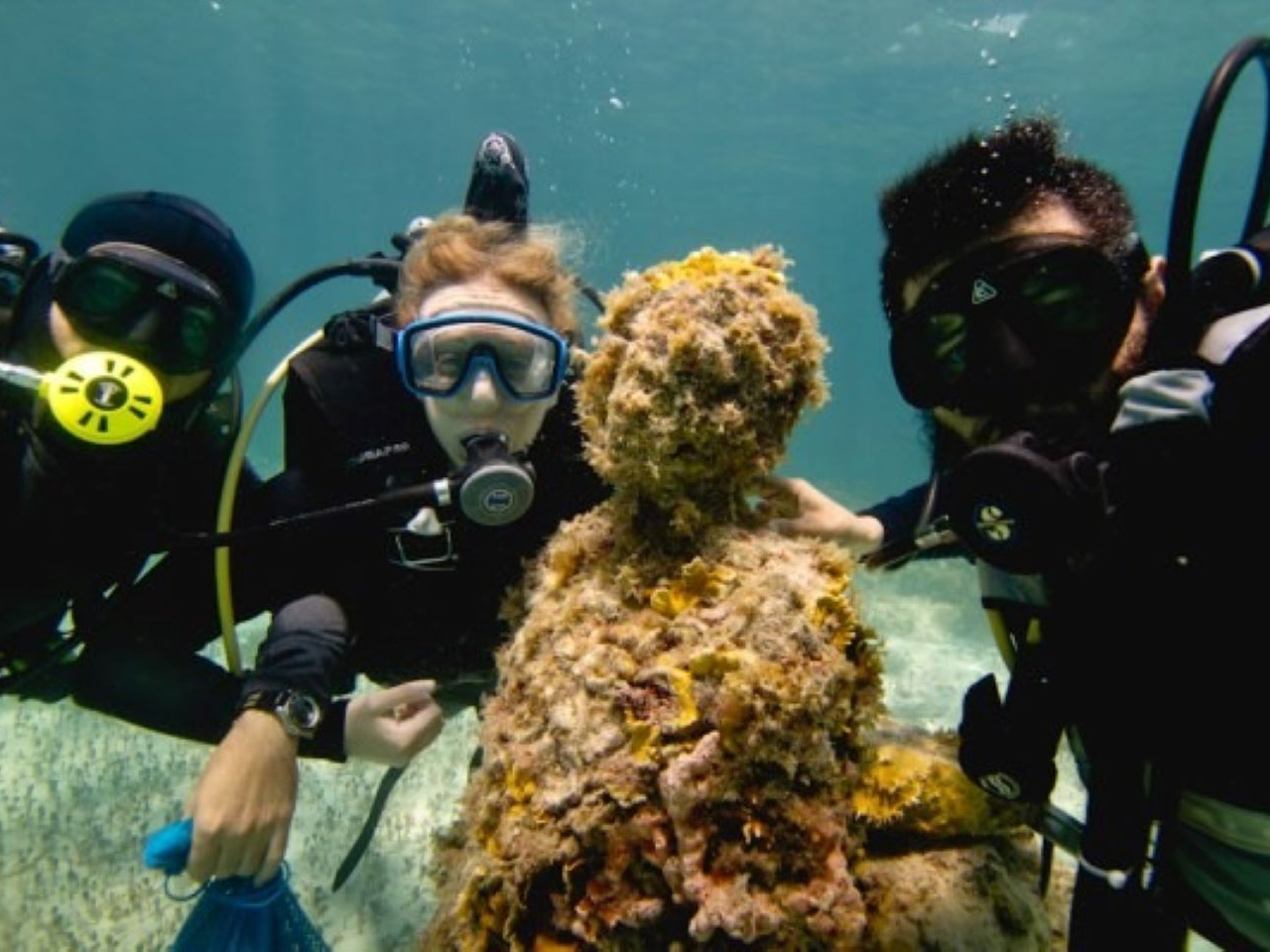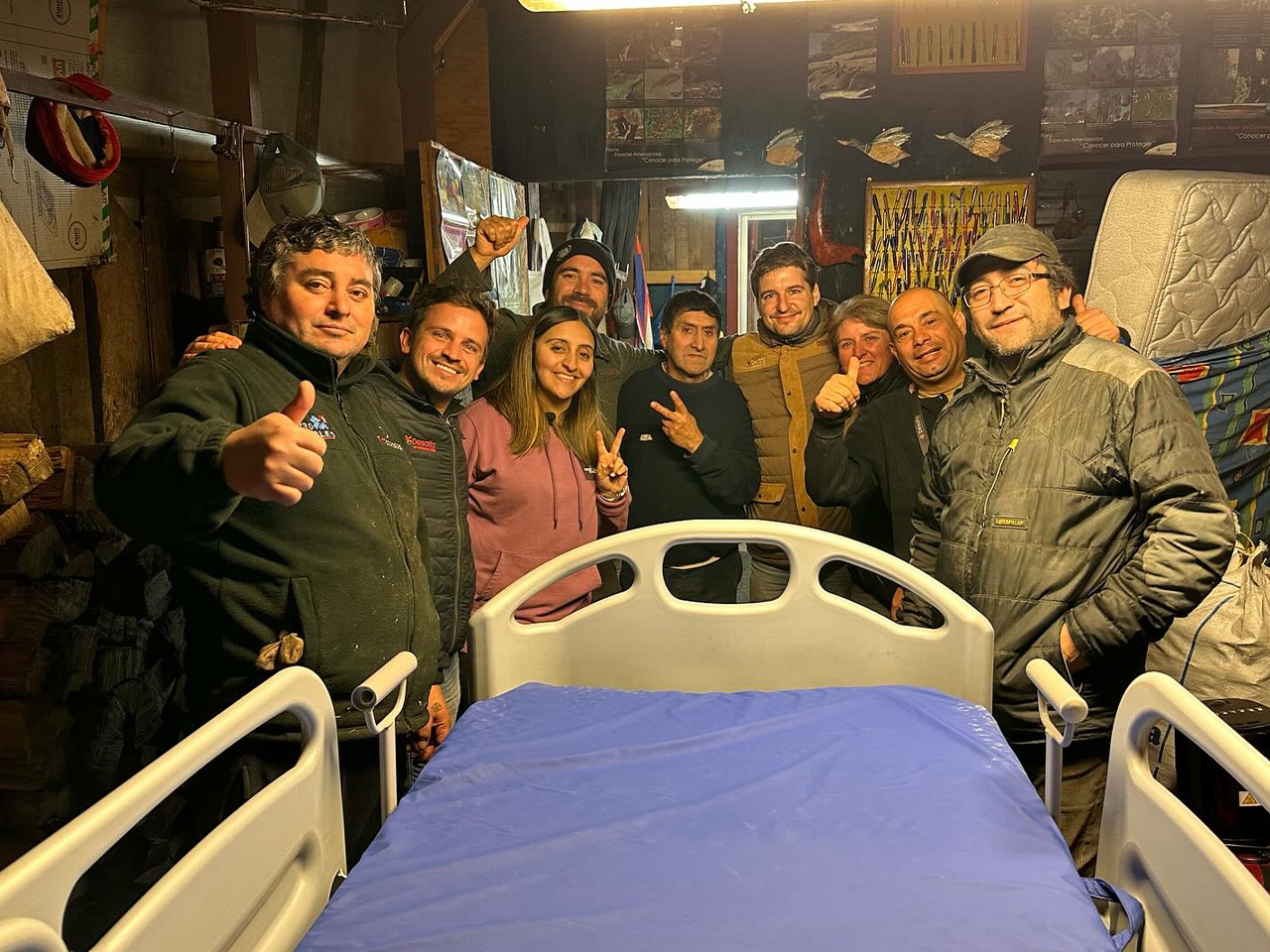From Spain to flood-ravaged Libya, firefighter says, “I am trained to find survivors not the deceased”
The water had filled every crack with mud, turning hideaways into tombs. Hope was slipping through my fingers like sand, and I knew that saving lives here would be a miracle.
- 2 years ago
October 8, 2023
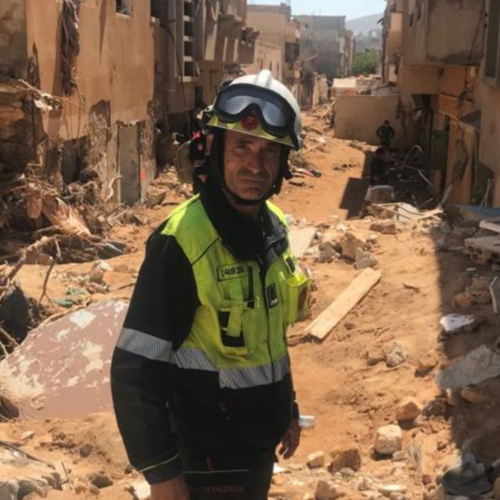
DERNA, Libya — As I strolled through Valencia, Spain, my phone erupted in the sounds of urgent alerts. A city in Libya endured a catastrophic flood. Adrenaline coursing through my veins, as I rallied a team and took off on a frenzied flight from Madrid to Benghazi to provide emergency response support. Each member of the team felt laden with hope and trepidation.
Touching down in Derna, the air weighed heavily upon us as we noted the stark absence of authority: no emergency vehicles, no police, just an ongoing disaster. The streets swarmed with residents, their faces revealing a haunting mix of emotions as despair turned into resignation.
In that moment, a chilling question consumed me: “How will we get survivors to a hospital?” The contrast between my bustling hometown and this desperate landscape sharpened my focus, heightening the stakes of our mission.
Related: “Dead bodies covered the street, floating in the water”: U.K. man visiting Libya lost 60 family members in the Derna flood
In Derna destruction was a punch to the face, saving lives would be a miracle
As we drove away from Benghazi, a chill ran down my spine. The surroundings desperately shouted danger warnings. Eight hours separated us from Derna, and each second ticking away amplified the pit in my stomach. My sweaty palms held to the steering wheel, the weight of our impending mission pressing down on me like a ton of bricks.
Trying to lighten the mood during the drive, we joked and chatted, but the tension felt like a thick fog in the car. The landscape outside was deceptively serene, contrasting the dread settling in my gut. It felt as if even the sun-drenched hills held their breath, hiding the horror that awaited us.
When we finally arrived in Derna, the destruction we witnessed felt like a punch to the chest. The tsunami of water that consumed the city had now reduced to a mere trickle, which surrounded a graveyard of sun-bleached ruins. A car perched grotesquely on a second-floor balcony, and streets were torn up as if by the hands of a giant.
Our dogs scampered frantically from one debris pile to another, their wagging tails slowing as they found no survivors. My heart sank; this wasn’t like an earthquake with pockets of refuge. The water had filled every crack with mud, turning hideaways into tombs. Hope was slipping through my fingers like sand, and I knew that saving lives here would be a miracle.
No signs of a life-or-death struggle, they were simply swept away
The moment I stepped into a family home, my nose filled with the musty stench of dampness and decay. My eyes darted to the television, which was eerily untouched, a gruesome relic in a house otherwise laid to waste. Splintered furniture and toppled appliances barricaded the kitchen door as if staging a revolt. Outside, random pieces of what used to be a home littered the streets. My throat tightened as I struggled to suppress my emotions as I was trained to do.
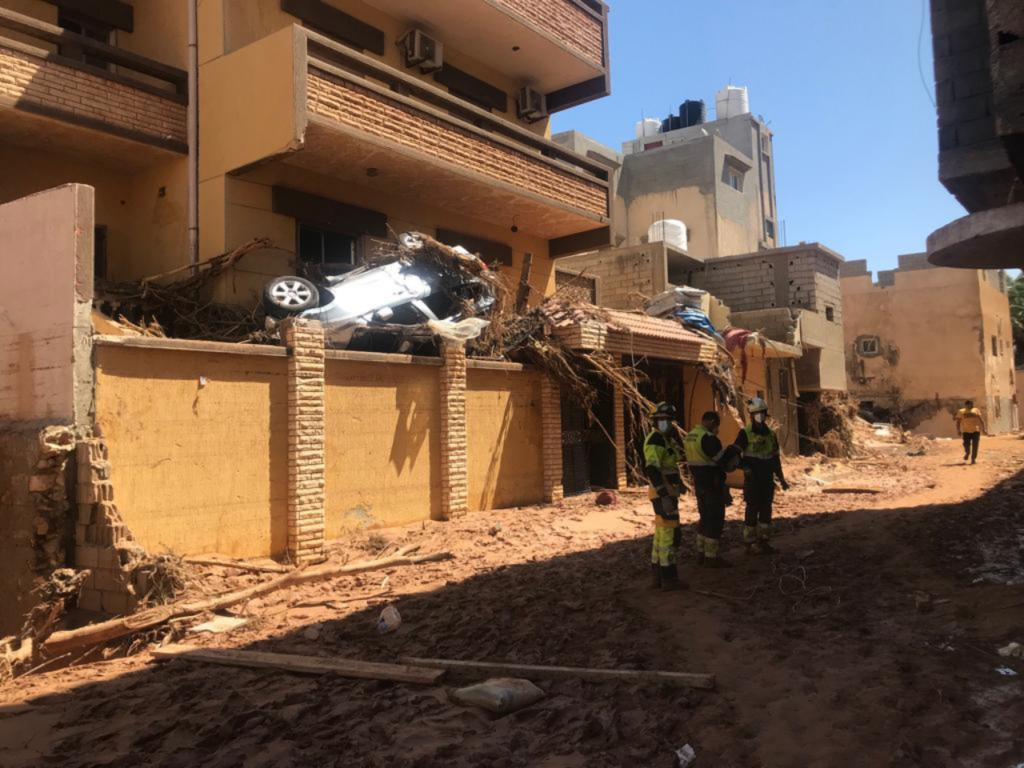
The feel of cold, heavy mud under my boots unsettled me as I navigated through the house. The water clearly rose like a dangerous tide, filling every space where someone may have sought refuge. My heart pounded in a futile rhythm; I am trained to find survivors, not the deceased. No scratch marks on the walls, no signs of a life-or-death struggle: the water had scrubbed away every last vestige of human existence. A wave of futility washed over me, weighing down each step as hours dwindled into a sorrowful night.
By the next day, it was evident that our efforts would save no one. We convened with heads of various NGOs and a local interpreter to make the painful decision to return home. Faces that had once looked to us with hopeful expectations now reflected disappointment and resignation. As I retraced my steps, grappling with the regret of not being able to provide the help I wanted, I took some solace knowing I did my best. Sometimes, tragedy defies human intervention, leaving us powerless to lessen its toll.
A mission laced with collective disappointment, haunting images of Libya still flash before my eyes
For our trip home, the airport became a maze of confusion. Each night they delayed our flight sapped the last bits of our energy. When we finally touched down in Tripoli for our layover and boarded a flight to Spain, the air in the cabin felt heavy, laced with our collective disappointment.
I became a firefighter in my 30s, heeding a call to service that tugged at me since childhood. Whether I work in the midst of big tragedies or on minor everyday issues, the gratitude I get back delivers a sense of satisfaction. I co-founded the NGO Bomber pel Mon seven years ago to extend our reach globally. I know each mission risks my life, but if there’s a need I can meet, I will go.
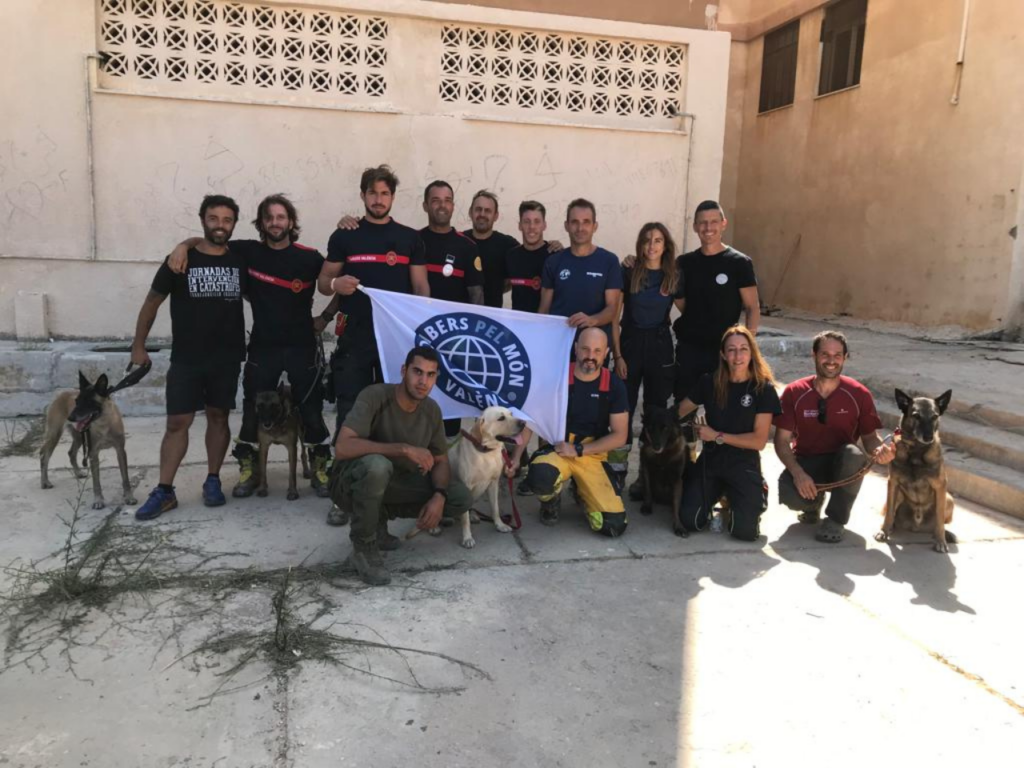
Returning from the flood in Derna, Libya, the mission failure weighed on me, but it also steeled my resolve. We may not have saved lives this time, but the urgency to try again only grows. I’ve learned to separate the intense emotions of the job from my daily life. Yet, the haunting images from Libya still flash before my eyes from time to time. Thoughts of how these shattered communities will recover keep me awake at night, driving me forward in my relentless quest to offer aid, wherever that leads.

